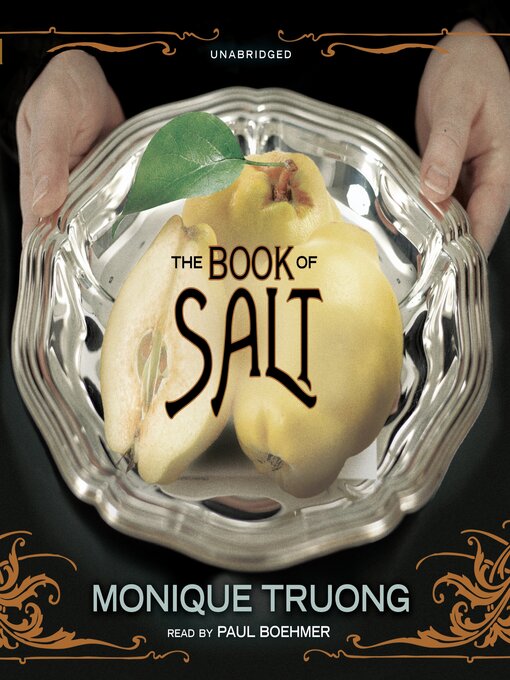"[He] came to us through an advertisement that I had in desperation put in the newspaper." It began captivatingly for those days: "Two American ladies wish..." It was these lines in The Alice B. Toklas Cook Book that inspired The Book of Salt.
In Paris, 1934, Bình has accompanied his employers, Gertrude Stein and Alice B. Toklas, to the train station for their departure to America. His own destination is unclear: will he go with "the Steins," stay in France, or return to his native Vietnam?
Bình has fled his homeland in disgrace, leaving behind his malevolent charlatan of a father and his self-sacrificing mother. For five years, he has been the live-in cook at the famous apartment at 27 rue de Fleurus. Before Bình's decision is revealed, his mesmerizing narrative catapults us back to his youth in French-colonized Vietnam, his years as a galley hand at sea, and his days turning out fragrant repasts for the doyennes of the lost generation.

